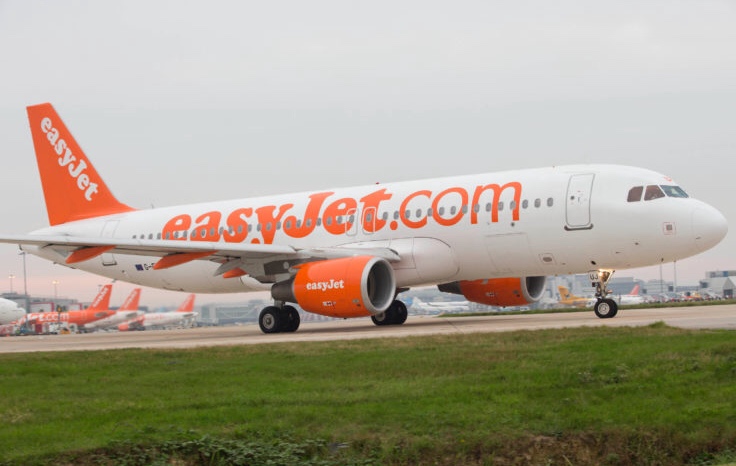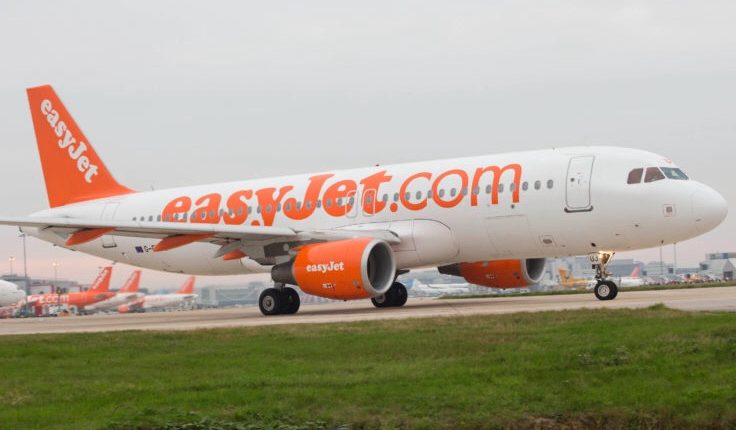Holiday giant Thomas Cook collapsed in October and in the three months to December 31 easyJet’s group revenues surged 9.9% to more than £1.4bn. Tony McDonough reports

Low cost airline easyJet saw a surge in revenue of almost 10% in the final quarter of 2019 following the collapse of holiday giant Thomas Cook in October.
The carrier, which operates more than 30 routes out of Liverpool John Lennon Airport, said “low levels of competitor capacity” was a key factor in the 9.9% rise in group revenues to £1.425bn. It also launched easyJet Holidays during the three-month period.
Passenger revenue increased by 9.7% to £1.124bn and ancillary revenue increased by 10.8% to £301m. It means easyJet now expects narrower losses for the half year in which it traditionally makes a loss.
Passenger numbers in the quarter to December 31, increased by 2.8% to 22.2m, driven by an increase in capacity of 1.0% to 24.3m seats. Its load factor (percentage of seats filled) increased by 1.6 percentage points to 91.3%.
Johan Lundgren, easyJet chief executive said: “I’m pleased that we have made a strong start to the year with continued positive momentum. The improvement in our revenue per seat has been driven by our self-help revenue initiatives combined with robust customer demand and a lower capacity growth market.
“Cost per seat is in line with expectations, helped by our operational resilience programme which has not only improved overall customer satisfaction in the quarter but also enabled us to manage our costs. easyJet Holidays launched successfully with customers looking to benefit from our unrivalled flexibility, great value and handpicked hotels.
“Being an industry leader in sustainability is important to us, and since our announcement in November we have offset the carbon emissions from the fuel used for all our flights.
This means 9m customers have flown net-zero carbon flights with us and our offsetting programme has been received very positively by customers, staff and other stakeholders.
“We, of course, recognise offsetting is only an interim measure and we continue to work on reducing our carbon footprint in the short term, coupled with long-term work to support the development of new technology, including hybrid and electric planes, to reinvent aviation for the long-term.”

